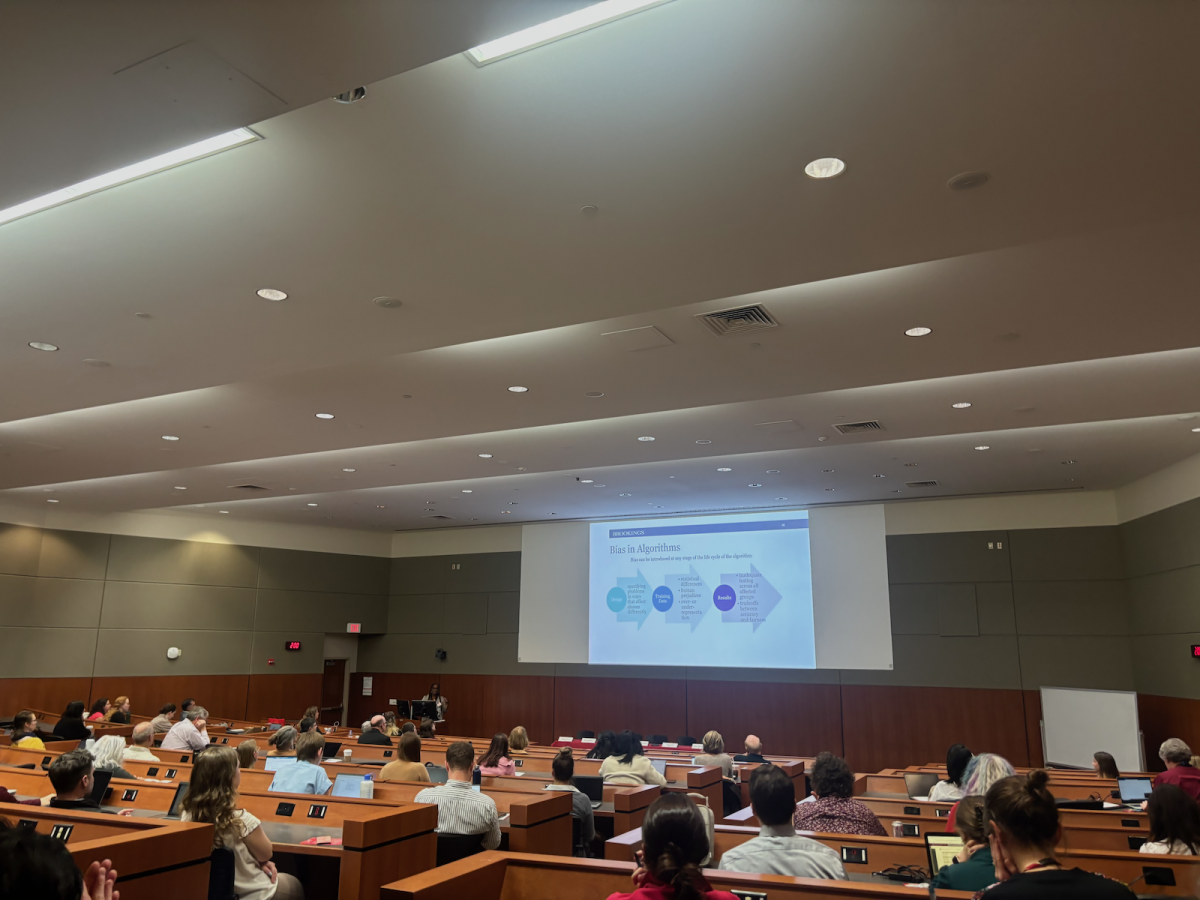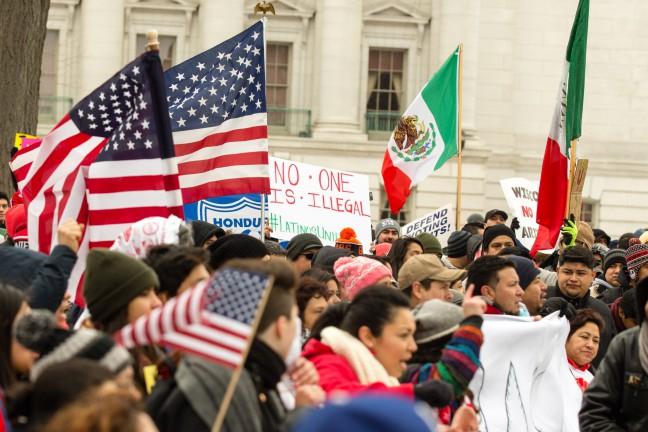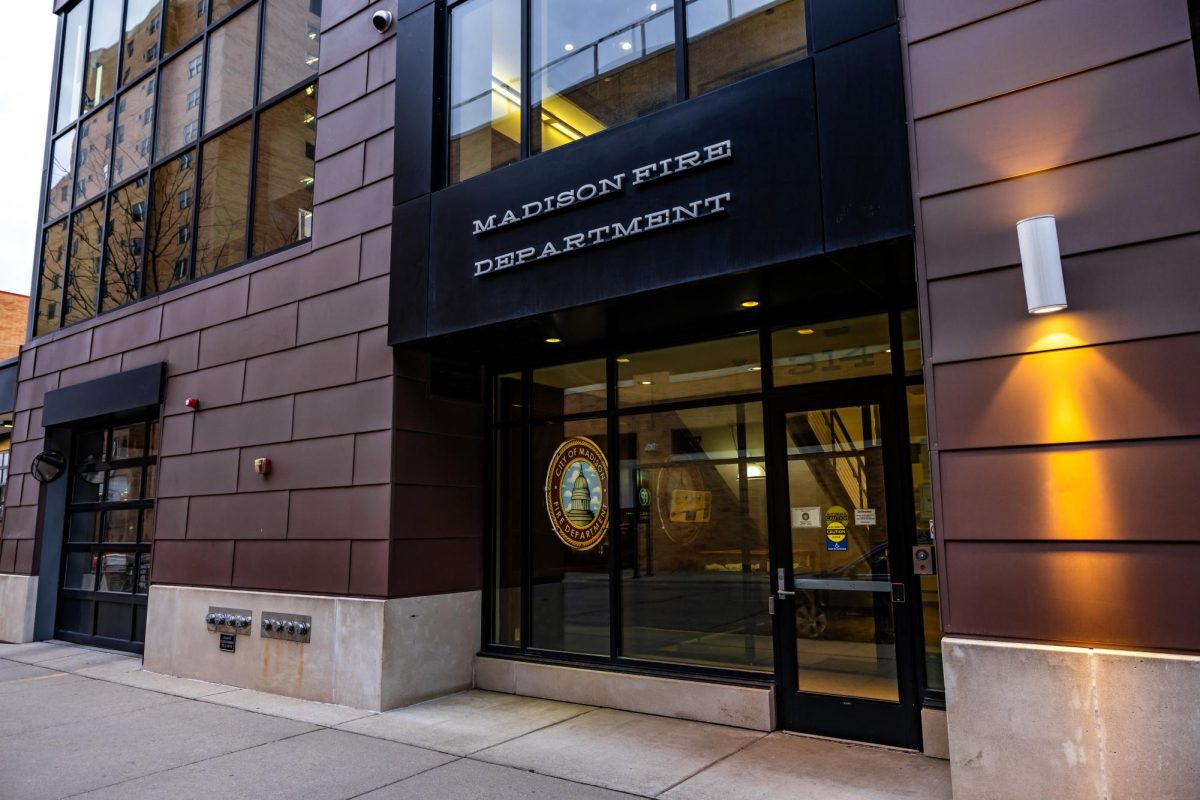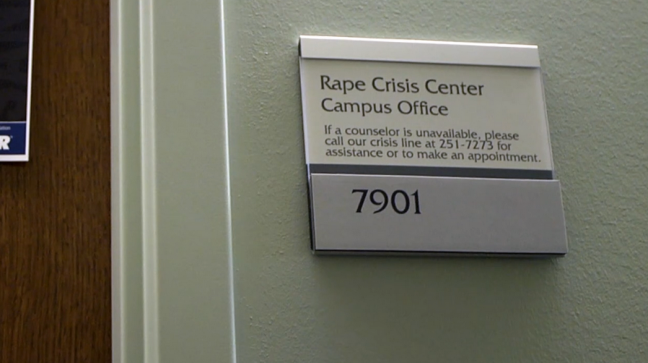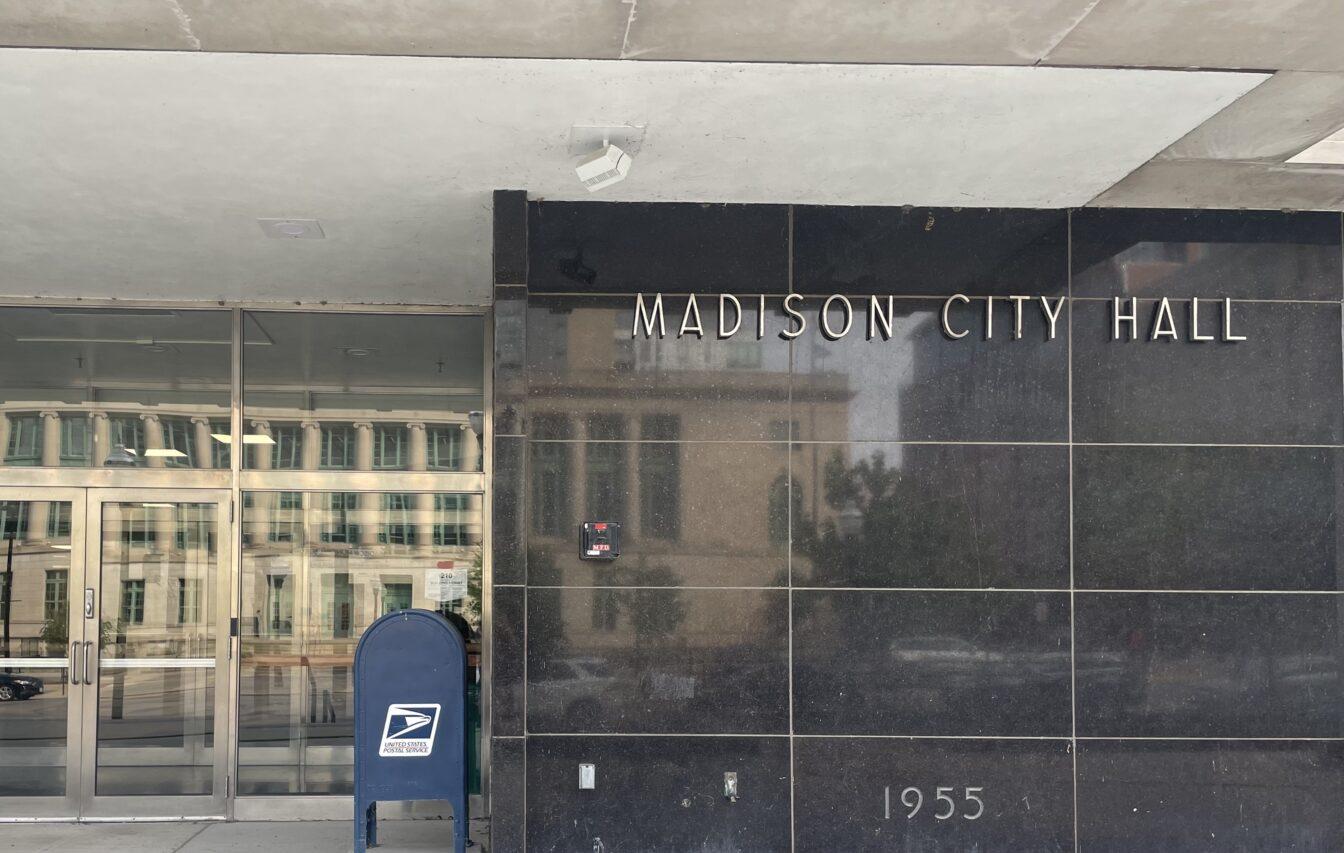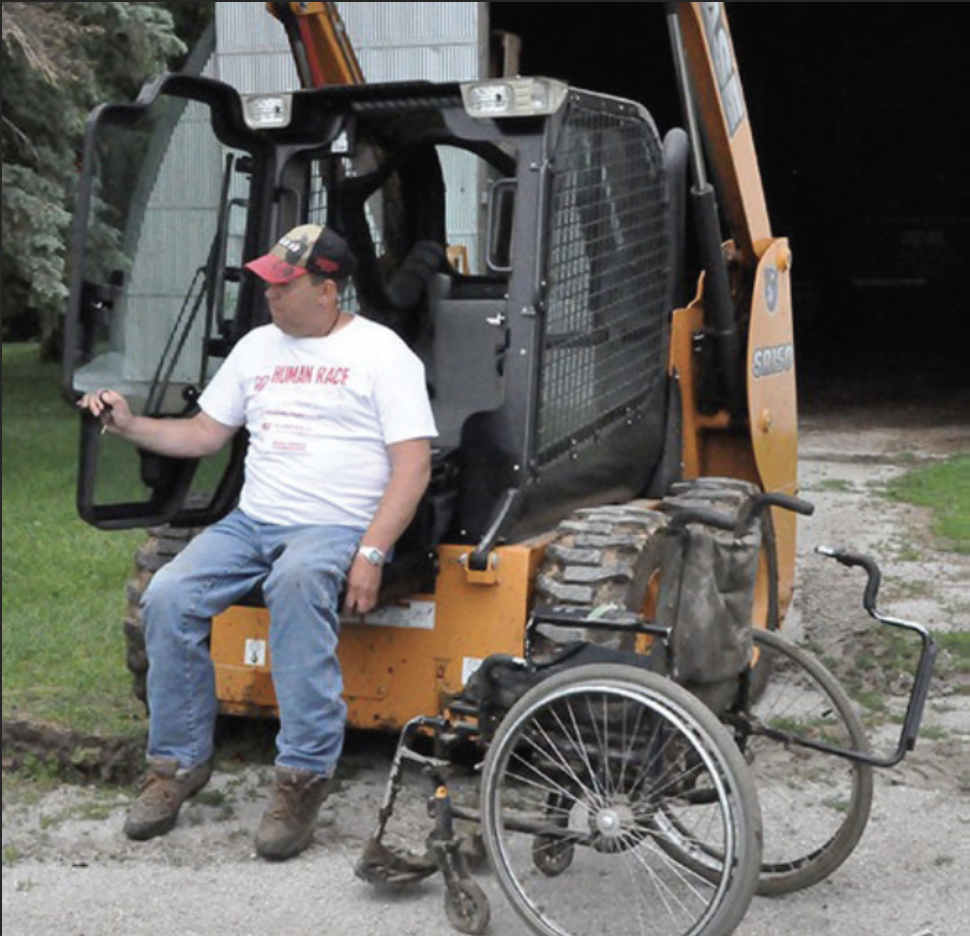Dane County recently announced they will now take part in the Safety and Fairness for Everyone Cities Network, a group across the United States that is committed to providing representation and keeping immigrants facing deportation safe.
The Vera Institute of Justice, a New York-based nonprofit policy, research and advocacy organization, selected Dane County as one of 11 “SAFE” jurisdictions and awarded them $100,000 in funding to go toward providing legal assistance for undocumented immigrants.
Undocumented populations are not constitutionally entitled to legal representation due to deportation being classified as a civil matter rather than a criminal sanction, which leaves significant portions of undocumented populations vulnerable to unlawful deportation.
Dane County Board carves path for undocumented immigrants hoping to become citizens
A study conducted by the American Immigration Council of all deportation cases from 2007 to 2012 found only 37 percent of immigrants secured legal representation. Of detained immigrants, that number drops to 14 percent.
The biggest challenge of representation is finance, Sara McKinnon, said University of Wisconsin associate professor of communication arts and an expert on immigration law.
“Immigration lawyers typically cost a lot of money,” McKinnon said. “If you’re undocumented, you don’t have access to formal methods of income gaining. If you do have work, you’re working in a precarious situation.”
The Vera Institute grant was afforded to two organizations, the Community Immigrant Law Center and UW’s Immigrant Justice Clinic, which represent noncitizens who can’t afford to hire an attorney.
The CILC used the funds to hire Aissa Olivarez, a graduate of UW’s Law School, as the organization’s first and only immigration attorney. Olivarez will work with the IJC to advocate for immigrants facing deportation.
Madison community rallies for undocumented workers, refugees
“We’re really happy to be able to be here as lawyers and as advocates to be able to provide representation in removal proceedings since its something that is unprecedented in our state for nonprofit organizations,” Olivarez said.
Immigrants are rarely able to successfully navigate through court without legal counsel, a process Olivarez called “difficult and adversarial.”
Dane County Executive Joe Parisi commended the $100,000 grant and the resources it will provide for undocumented families in the area.
“Too many immigrant families are living in fear and may not have the resources needed to obtain citizenship or navigate various legal processes,” Parisi said in a statement. “We’re here to say, you are welcome here and we want to help you realize your dreams.”
Despite rhetoric which positions Dane County and Madison as protective of undocumented immigrants, the language does not have any legislative backing.
Dane County does not have a policy like San Francisco’s Sanctuary City Ordinance prohibiting the usage of city funds to assist ICE, for instance, which lead both Olivarez and McKinnon to conclude that Dane County is not a true sanctuary city.
Madison may not be considered a sanctuary city, depending who you ask
Though currently able to meet the demands of the undocumented immigrant population of Madison, Olivarez isn’t sure how long this will last since she’s only able to represent three to four individuals a month. If the demands were to increase, however, some immigrants facing deportation might not be able to acquire legal counsel.
“I’m not sure that we’ll be able to keep up with some of the trends we’re seeing now,” Olivarez said.
The only free legal counsel available to undocumented immigrants in Dane County come from nonprofit or faith-based organizations like RISE, the Catholic Multicultural Center or the CILC, which operates out of Christ Presbyterian Church in Madison.
Undocumented communities worry about President Donald Trump’s “frightening and racist” rhetoric, Olivarez said. But what has been more harmful to our community has been some of the legislation that’s pending at the state level here in Wisconsin, and how Trump’s comments feed into this legislative process, she added.
One of the pieces of legislation Olivarez brought up was SB 275, a bill that would require law enforcement agencies to cooperate with federal immigration authorities. If the city fails to do so, it will be fined.
“[SB 275] is a racist bill in a form of policy that mandates local police departments to work as federal law enforcement agents,” Olivarez said.
Despite hours of testimony against the bill by activist groups, it passed committee and is awaiting scheduling for a vote.
But Olivarez remains hopeful for the undocumented immigrants of Dane County because the residents have shown that they want to keep immigrant families together.
“Our community is open-minded, and … our community is ready to come to the aid of our community members and our immigrant families,” Olivarez said.







